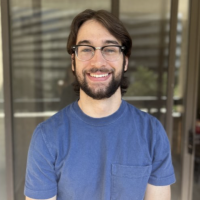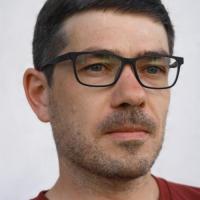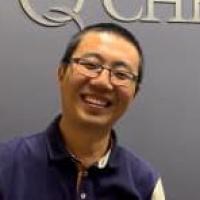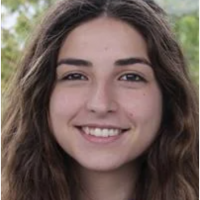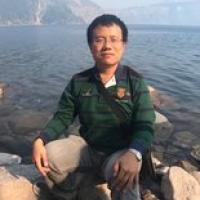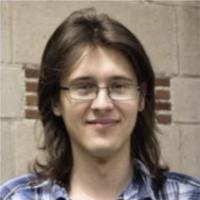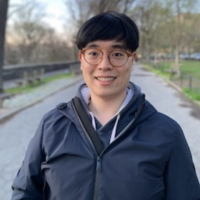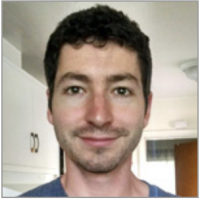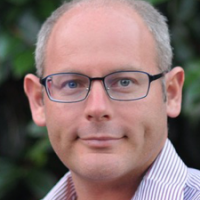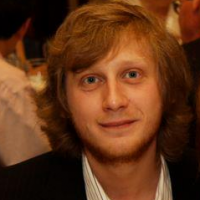The Michael Wormit Award
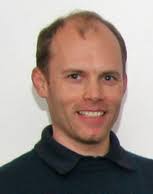
Michael Wormit
Dr. Michael Wormit (born in 1977) obtained his M.Sc. degree in Medical Physics at the University of Heidelberg. In 2004, he began his Ph.D. work in Theoretical Chemistry in the group of Prof. Andreas Dreuw at the University of Frankfurt. Upon completion of his Ph.D. summa cum laude in 2010, he was awarded a Feodor-Lynen Fellowship by the Alexander von Humboldt Foundation to perform his postdoctoral training in the group of Prof. Peter Schwerdtfeger at Massey University, Auckland, New Zealand. In 2012, he accepted a staff scientist position in the group of Prof. Andreas Dreuw at the Interdisciplinary Research Center for Scientific Computing (IWR), where he pursued his own research in addition to mentoring graduate students and Q-Chem developers. Michael contributed to the development of major Q-Chem features including design and development of the second-generation tensor library (libtensor) and the Algebraic Diagrammatic Construction (ADC) code (adcman). As one of the two architects of the libtensor project, Michael led a monumental effort involving a broad network of contributors over several years that eventually led to a new code with improved performance, optimal multi-core scaling, and a robust application program interface, facilitating future scientific developments by the Q-Chem developer community. His abilities to inspire and his talent to hold the attention of specialist and laypersons alike during his lectures were always especially striking. On March 14 of 2015, the life of Michael was cut short in a tragic accident on the Cook Islands, New Zealand. We lost a good friend, a fantastic colleague, a knowledgeable collaborator, and an excellent advisor. His life was short but he left his mark, as his work continues to make an impact to this day.
The Michael Wormit Award
The Michael Wormit Award was established to recognize excellence in the development of new methods and algorithms in electronic structure theory and the implementation of these methods in state-of-the art software within the Q-Chem open-teamware community project. The award, which is given annually, includes a certificate and a $500 prize. It commemorates the contributions of Dr. Michael Wormit, who is remembered for his contributions to many-body theory, for his leadership in the community, for his education and mentoring of junior team members, and for his infrastructure development in state-of-the-art software. With this prestigious honor we recognize the best of the best within our developer community.
Eligibility:
Any member of the Q-Chem Developer community is eligible for the award.
Selection criteria:
(i) scientific innovation;
(ii) excellence in code development;
(iii) contributions to the infrastructure and to the community of Q-Chem developers.
Nominations will be solicited annually. The selection will be performed by an ad hoc committee appointed by the Q-Chem Board of Directors. Nomination materials should include the following items:
- Nomination letter including a short description of the nominee’s contributions to the code, infrastructure, and community.
- Nominee’s CV
- Second letter of support
Nomination materials should be sent to office@q-chem.com with the subject "Wormit Award Nomination" by December 31, 2024. The award winner will be announced soon thereafter, with the intention of recognizing the winner with a reception at an event or conference to be determined.
Michael Wormit Award Recipients
